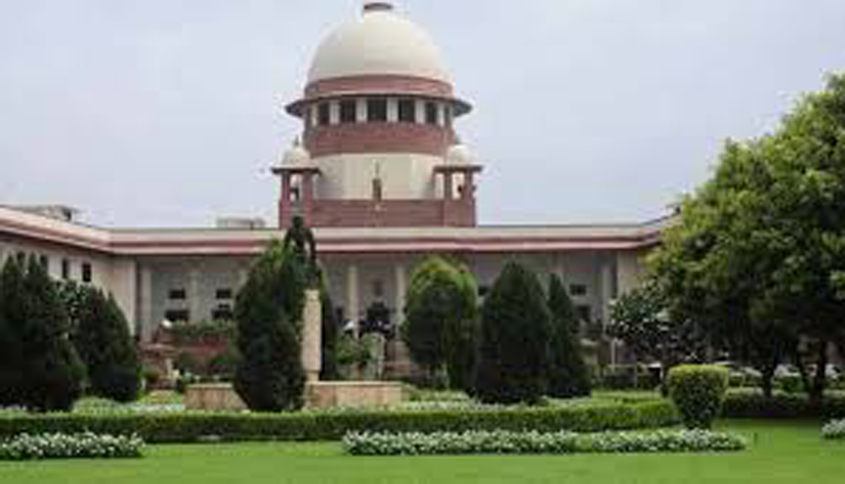The recent verdict of a nine-judge bench of the Supreme Court that termed the Right to Privacy as a Fundamental Right under Article 21 of the Constitution, will not have any bearing on sting operations often done by journalists and other individuals, according to several legal experts.
As Fundamental Rights can only be enforced against entities covered under Article 12 of the Constitution—entities that come within the definition of “State”—therefore, any other person apart from the “State” violating such rights cannot be challenged under the writ petition, but through other criminal recourses available under the Indian Penal Code (IPC), the experts said.
This is likely to make phone tapping and snooping by government agencies and the police much more difficult as it would directly contravene with the Fundamental Rights of the individual.
Siddharth Srivastav, advocate and partner, Link Legal, told The Sunday Guardian, “Fundamental Rights are enforced against the State and for non-State entities, other statutes such as the IT Act, IPC, Contract Acts, etc govern the relationship between individuals.”
“The recent judgement upholds Right to Privacy as a Fundamental Right as well as a common law right. Any calls recorded or stings conducted by a person not authorised to do so may be in violation of the IT Act and the IPC and in such a case, an individual subjected to such unauthorised surveillance may initiate criminal proceedings against the other. No writ would lie in the High Courts or Supreme Court in such a case, but in cases where such acts are done by the State, a writ could lie in the Supreme Court,” Srivastav added.
Vikas Upadhaya, a senior Supreme Court lawyer, reiterated that sting operations would not be impacted by the recent Supreme Court verdict. He said, “Fundamental Rights are imposed against the state and when it relates to matters between two individuals, it is governed by other laws under the IPC. However, once the state violates your Fundamental Right, you have the option of moving the Supreme Court directly through a writ petition.”
Pawan Duggal, notable lawyer and IT expert, also talked on the same lines, maintaining that violation of a Fundamental Right is presumed to be done by the “State” and any other person intruding into privacy would be dealt with other laws available under the IT Act or the IPC.
“Sting operations and call recordings, unless done by the State, would be governed by the earlier laws that we had under different Acts and penal codes. We already had such provisions in place even with the earlier laws, but what this judgement has done is that it has given privacy more teeth and has tried to put a stop to the State intruding into the private spaces of individuals,” Duggal added.
However, legal experts have also said that no Fundamental Right is absolute and the State, by following the due process of law, can take away such rights from the individual when the need arises.
“The State would have the right to tap phone calls of individuals and citizens of the country provided the same falls within Article 19 (2) (permitting State to make laws or put reasonable restrictions) and pass the test under Article 21 of the Constitution. In other words, surveillance must be in accordance with the Fundamental rights in Articles 14, 19, and 21. The Right to Privacy, like any other right, is not absolute and the State is entitled to impose reasonable restrictions on the basis of social, moral and compelling public interest in accordance to the law,” Siddharth Srivastav said.

